HANOI
Hanoi is the capital city of Vietnam, known for its rich history and cultural heritage. The city’s charm lies in its ability to balance traditional Vietnamese culture with modern-day influences. Despite the growth and development of the city, Hanoi has managed to preserve its historic monuments, making it an attractive destination for tourists seeking a taste of Vietnam’s past.
Hanoi is the capital city of Vietnam and is located in the northern part of the country. It has a population of over 8 million people and covers an area of approximately 3,344 square kilometers. Hanoi is known for its rich history, cultural heritage, and traditional Vietnamese architecture.
One of the most iconic landmarks in Hanoi is the Old Quarter, which dates back to the 13th century. The narrow streets and traditional architecture offer a glimpse into Hanoi’s past, where merchants and artisans would trade their goods. Today, the Old Quarter is a bustling hub of activity, with shops, restaurants, and cafes lining the streets.
Another notable attraction in Hanoi is the Ho Chi Minh Mausoleum, which houses the embalmed body of the former Vietnamese leader. The mausoleum is a striking example of Soviet-style architecture and attracts thousands of visitors each year.
Other historic monuments in Hanoi include the Temple of Literature, which was founded in 1070 and served as Vietnam’s first university, and the One Pillar Pagoda, a Buddhist temple built in the 11th century. These monuments serve as a reminder of Hanoi’s rich cultural heritage and the influence of Buddhism and Confucianism in Vietnamese society.
In addition to its historic landmarks, Hanoi also boasts a vibrant food scene, with street vendors and restaurants offering traditional Vietnamese dishes such as pho, bun cha, and banh mi. The city’s coffee culture is also worth experiencing, with cafes serving up strong Vietnamese coffee and offering a relaxed atmosphere for visitors to enjoy.
Overall, Hanoi is a charming city that manages to balance its rich history with modern-day influences. Its historic monuments offer a glimpse into Vietnam’s past, while its vibrant food scene and coffee culture make it a dynamic and exciting destination to explore.
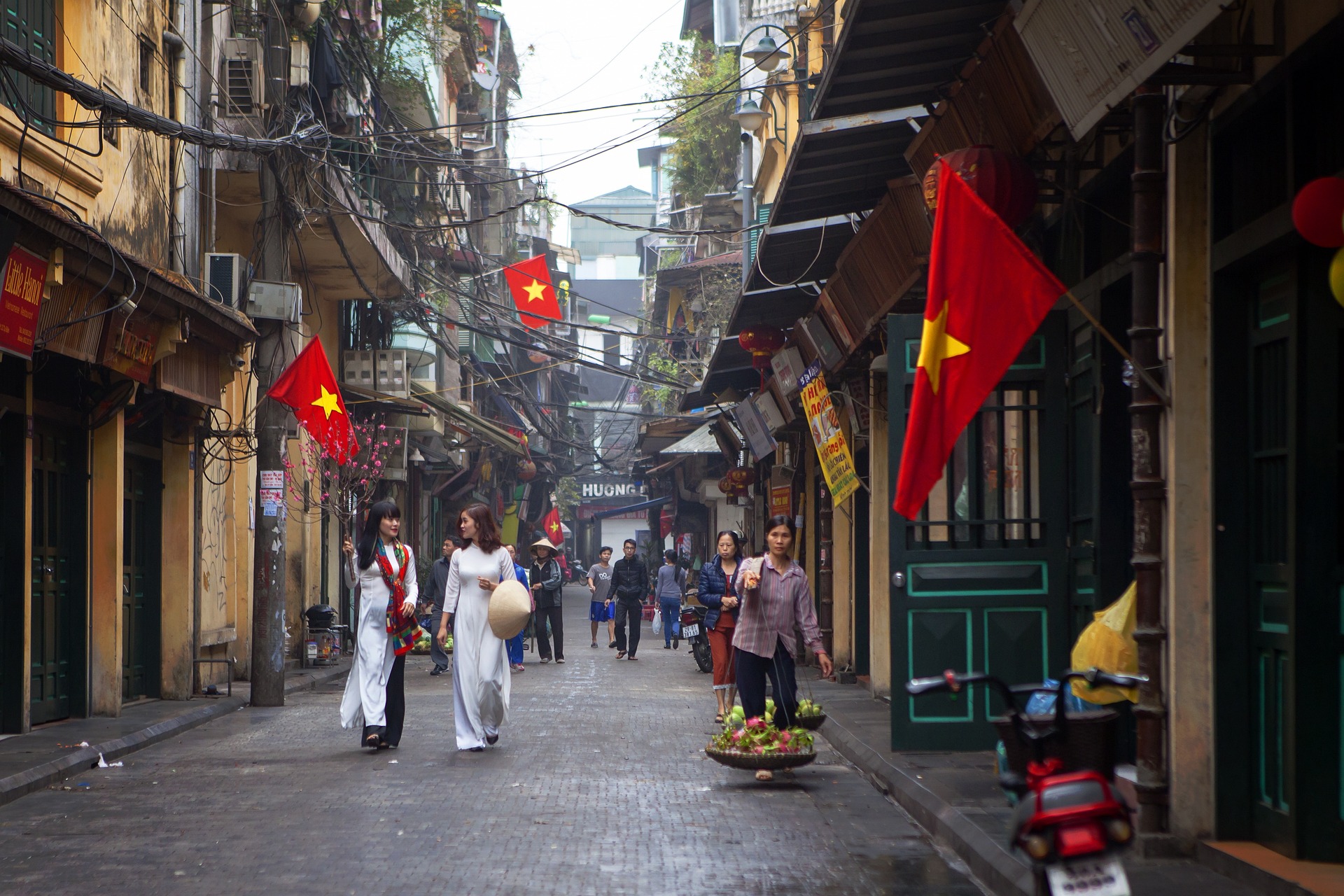
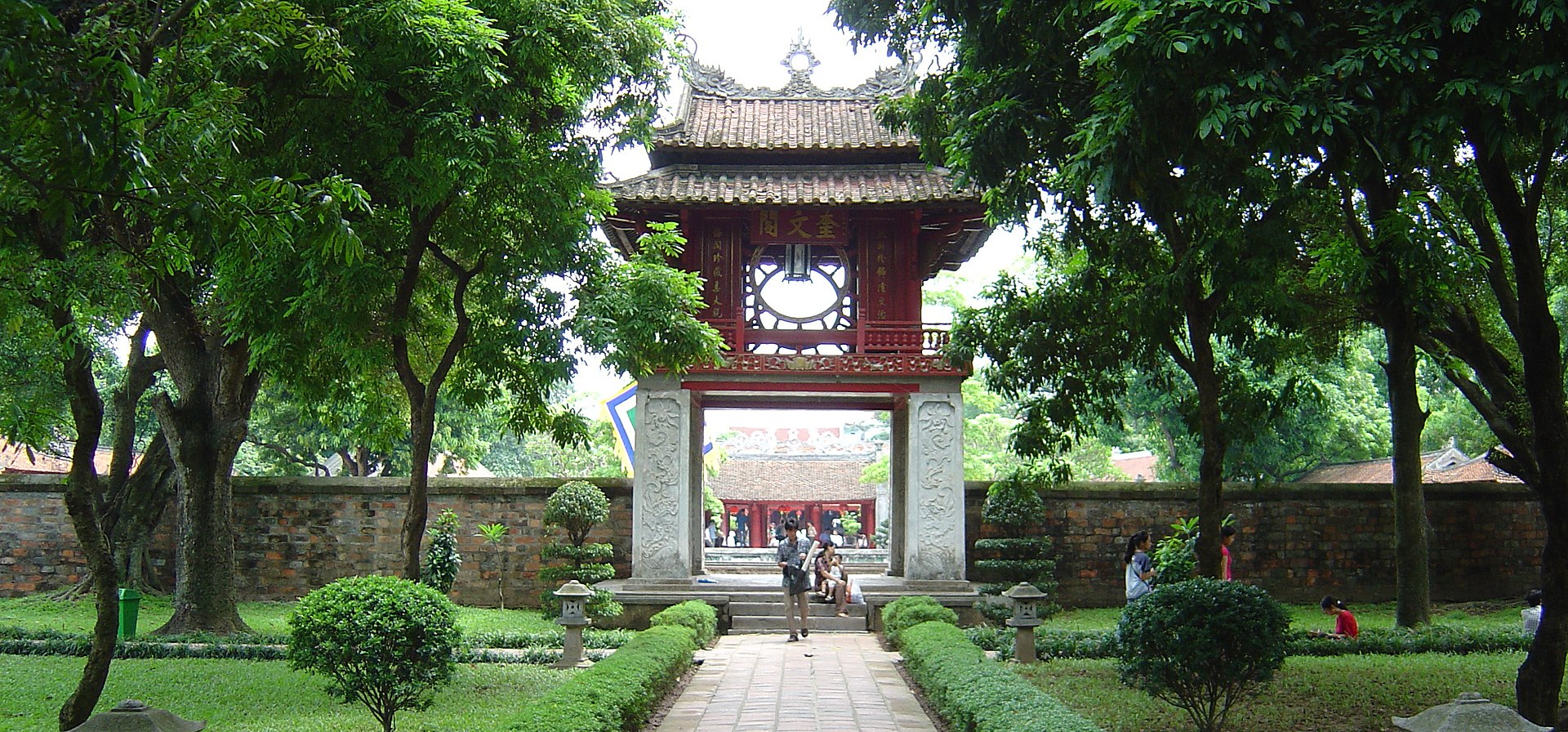

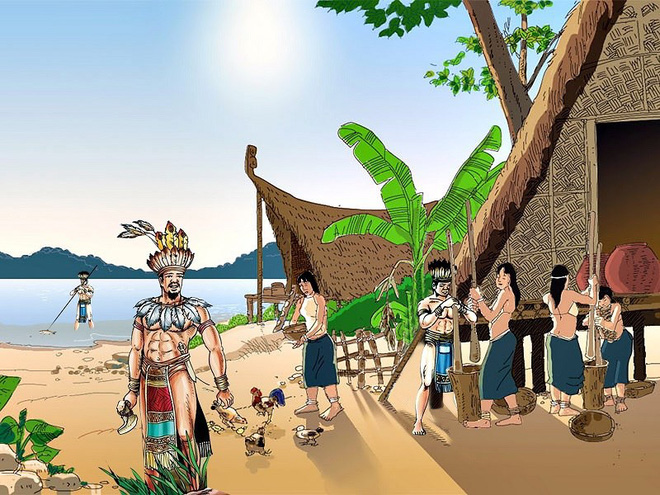
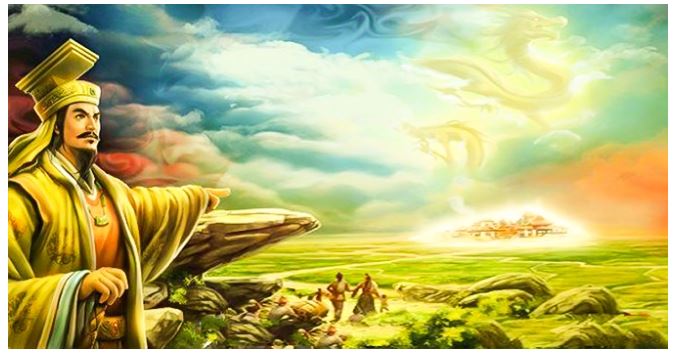
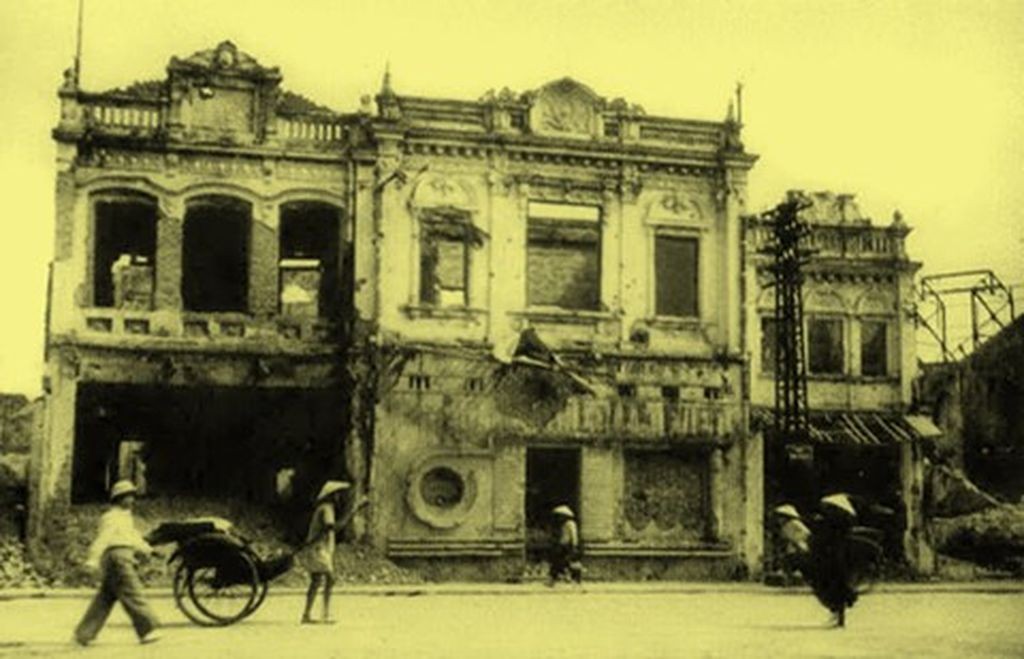
History:
Hanoi has a long and rich history dating back to the 3rd century BC. The city has been the capital of Vietnam for over a thousand years and has been under the influence of various rulers including the Chinese, the French, and the Japanese. During the Vietnam War, Hanoi was heavily bombed by the United States, but the city has since been rebuilt and is now a thriving cultural center.
Culture: Hanoi is known for its rich cultural heritage and is home to a diverse range of ethnic groups. The city is heavily influenced by Buddhism and Confucianism, which are reflected in its many temples and pagodas. The people of Hanoi are known for their hospitality and warmth towards visitors.
